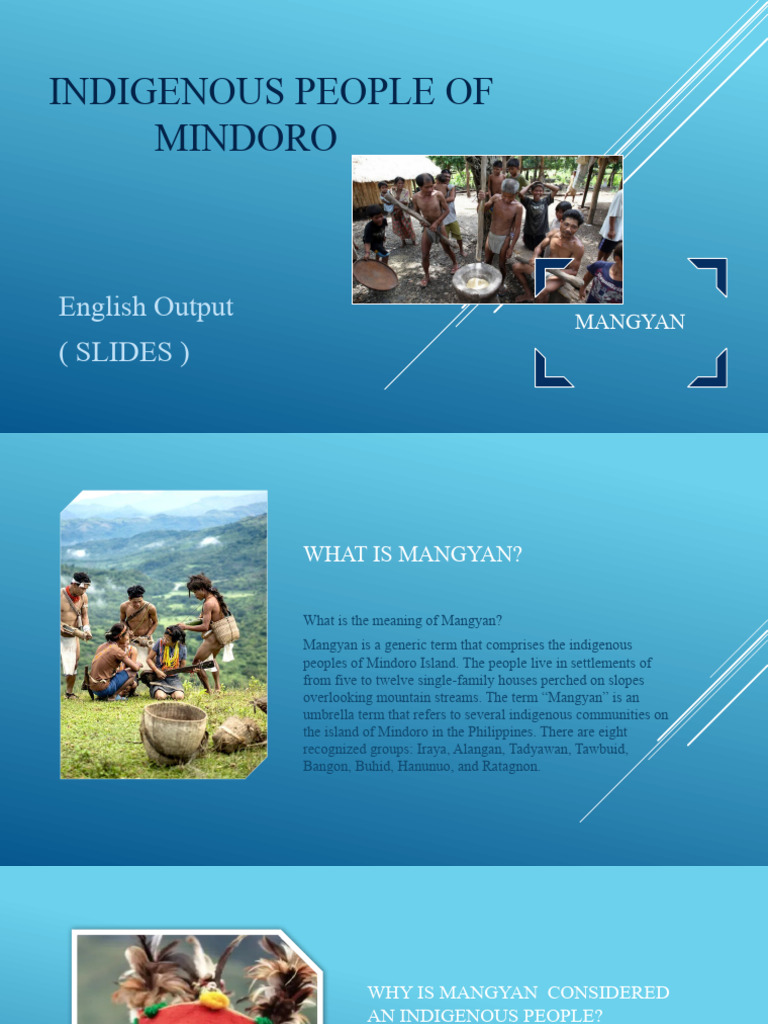In an increasingly interconnected world, the intersection of various belief systems is not merely a matter of coexistence but an opportunity for collaboration and mutual enrichment. For Baha’is, the promotion of Indigenous beliefs can be seen as a profound expression of the fundamental principles of unity and diversity espoused in the Baha’i teachings. The following guideline outlines a comprehensive approach for Baha’is seeking to engage with, promote, and honor Indigenous beliefs while adhering to their own spiritual paradigms.
1. Appreciation of Cultural Diversity
The Baha’i teachings fundamentally embrace the oneness of humanity, a principle that necessitates a sincere appreciation for cultural diversity. Baha’is should endeavor to understand Indigenous traditions, languages, and worldviews, recognizing the richness they contribute to the global tapestry of human experiences. It is crucial to approach these cultures with respect and sensitivity, acknowledging the historical contexts that shape their beliefs.
2. Educating Oneself on Indigenous Histories
An informed perspective is vital for meaningful engagement. Baha’is should strive to educate themselves on the histories of Indigenous peoples, including their struggles, triumphs, and unique cosmologies. This knowledge will not only facilitate respectful dialogue but will also highlight the synergies between Baha’i teachings and Indigenous philosophies, such as concepts of stewardship of the earth, communal living, and the interconnectedness of all life.
3. Facilitating Dialogue: Building Bridges
One of the most impactful methods for promoting Indigenous beliefs within a Baha’i context is facilitating dialogue between communities. Baha’is can organize interfaith gatherings that include Indigenous voices. This dialogue should be framed around shared values, such as justice, peace, and the quest for truth. In these discussions, it is essential to create a safe and inclusive environment where Indigenous participants feel empowered to share their beliefs, rituals, and practices.
4. Recognizing Indigenous Spiritual Practices
Indigenous spirituality often emphasizes a profound connection to the natural world. Baha’is can support Indigenous spiritual practices by participating in rituals or ceremonies when invited, always ensuring that such participation is done with reverence. This respect for spiritual practices illustrates the Baha’i commitment to the principle of unity in diversity. Additionally, Baha’is can reflect on and incorporate relevant Indigenous teachings about the environment into their own practices, fostering a deeper connection to creation.
5. Supporting Indigenous Rights and Sovereignty
Baha’is believe strongly in justice and equality. Thus, aligning with the struggles for Indigenous rights, land sovereignty, and cultural preservation becomes imperative. Actively supporting Indigenous movements and organizations that work to uphold these rights can be a vital part of promoting Indigenous beliefs. This may involve advocacy, awareness campaigns, or simply standing in solidarity with Indigenous communities in their endeavors.
6. Collaborating on Social Action Initiatives
Collaboration is key to any productive relationship. When Baha’is join hands with Indigenous communities to address social issues such as environmental degradation, poverty, and education disparities, both parties can benefit. Such partnerships should be founded on principles of equity and reciprocity, ensuring that Indigenous voices and perspectives are not just included but prioritized.
7. Fostering Indigenous Representation in Baha’i Institutions
Incorporating Indigenous perspectives into Baha’i institutions enhances the diversity of thought and leadership within the community. Baha’is should encourage and create opportunities for Indigenous individuals to take on leadership roles within various Baha’i capacities. This representation not only enriches the Baha’i community but also affirms the status of Indigenous beliefs as significant and valuable.
8. Engaging with Indigenous Youth
The involvement of youth is vital for the sustainability of any movement. Baha’is can initiate programs aimed at Indigenous youth that highlight the importance of their cultural heritage while making connections to Baha’i teachings. Workshops, educational resources, and mentorship programs can be effective tools for this engagement, helping to cultivate a sense of identity and belonging among Indigenous youth in the Baha’i community.
9. Creating Inclusive Educational Resources
Education is a powerful catalyst for understanding and appreciation. Developing educational materials that include Indigenous perspectives and teachings alongside Baha’i texts can foster a holistic understanding of spiritual principles. These resources should be accessible and affirming, celebrating both Indigenous cultures and Baha’i beliefs.
10. Reflecting on Personal Growth
Engaging with Indigenous beliefs requires introspection and a commitment to personal growth. Baha’is should regularly contemplate how their interactions with Indigenous cultures can transform their own spiritual understanding. By embracing Indigenous teachings, Baha’is can find deeper connections to their faith, fostering a greater sense of spiritual kinship with all of humanity.
In conclusion, promoting Indigenous beliefs as a Baha’i not only involves recognition and respect but is also an integral part of fulfilling the Baha’i vision of a united global society. Approaching this endeavor with empathy, openness, and a commitment to justice will lead to profound exchanges that can benefit both Indigenous and Baha’i communities. Ultimately, this journey is a collective path toward truth, understanding, and the flourishing of the diverse beauty that is humanity.
